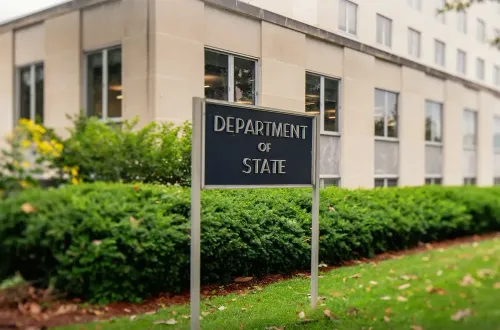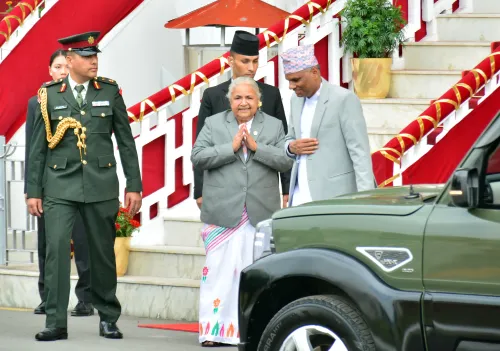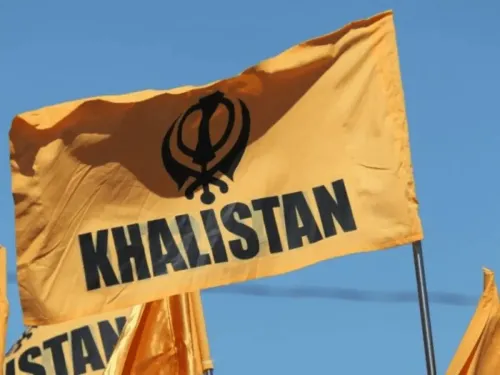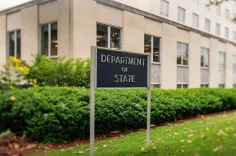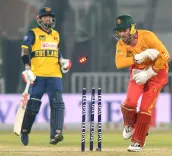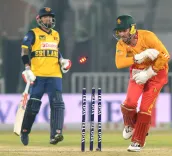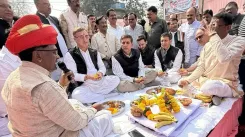Why Was Former CEC Kazi Habibul Awal Arrested in Bangladesh?
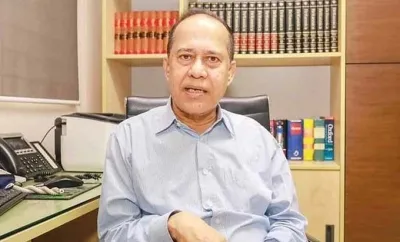
Synopsis
Key Takeaways
- Kazi Habibul Awal was arrested due to allegations of misconduct during national elections.
- The BNP is actively pursuing legal action against former election officials.
- Mob violence has become a significant concern in Bangladesh.
- Former CEC K.M. Nurul Huda's arrest has drawn attention to the treatment of public figures.
- Calls for justice and accountability are growing among the populace.
Dhaka, June 25 (NationPress) The former Chief Election Commissioner (CEC) of Bangladesh, Kazi Habibul Awal, was apprehended on Wednesday by the Detective Branch of the Dhaka Metropolitan Police (DMP). This arrest occurred after the Bangladesh Nationalist Party (BNP) lodged a complaint regarding alleged inaction and misconduct during three prior national elections.
Deputy Commissioner and spokesperson for the DMP, Talebur Rahman, confirmed that Awal was taken into custody in Moghbazar, Dhaka, following the case initiated by the BNP at the Sher-e-Banglanagar Police Station.
The arrest came just two days after the BNP filed a legal case against 24 individuals, including former CECs, Election Commissioners, and other officials, accusing them of irregularities and biased actions during the 2014, 2018, and 2024 national elections in the country, as reported by local media.
Earlier this week, another former CEC, K.M. Nurul Huda, a celebrated freedom fighter known for his involvement in the Liberation War, was also arrested on similar charges following the BNP’s legal action.
Just last Sunday, a mob forcibly entered Huda's home in Dhaka, humiliating him publicly by placing a garland of shoes around his neck before he was taken into police custody as a result of the BNP's complaint.
Two human rights organizations in Bangladesh have vocally condemned the "humiliating and violent treatment" of Huda, emphasizing the mob violence he faced prior to his arrest.
A Dhaka court has since ordered a four-day remand for Huda on allegations of election manipulation.
Chief Metropolitan Magistrate Mustafizur Rahman granted the request after police sought a 10-day remand for Huda in relation to the case filed at the Sher-e-Banglanagar police station.
In a joint statement, thirty prominent citizens criticized the recent mob violence against Huda, calling on the interim government led by Muhammad Yunus to take legal action against those responsible.
Despite the government's condemnation of the incident and promises of legal action, critics note the lack of tangible steps taken, pointing out that photos and videos of the assailants have been made public.
“Mob violence and unrestrained attacks have surged in Dhaka and other regions over the past 8 to 10 months. Unfortunately, there have been few examples of serious legal repercussions for the offenders. Had proper legal measures been enacted against those involved, we might not have witnessed such recurrent acts of mob violence,” the statement continued.
The Awami League has also denounced the incident, stating, "The former Chief Election Commissioner, Bir Muktijoddha Nurul Huda—a decorated freedom fighter—was shamefully dishonored and arrested through mob violence."
They further asserted, "This grave injustice has wounded the sentiments of the Bangladeshi populace, while the tyrannical Yunus regime, which has illegitimately clung to power, continues to perpetrate such monstrous acts."
Analysts view these events as a significant political vendetta orchestrated by the Yunus administration, as numerous cases were filed against former Prime Minister Sheikh Hasina and her allies on dubious charges immediately following her ousting in August 2024.
The abrupt removal of Hasina was globally recognized as a substantial blow to the country's democratic framework.
The interim government has also faced considerable backlash for allegedly providing refuge to radical and extremist Islamic groups.

